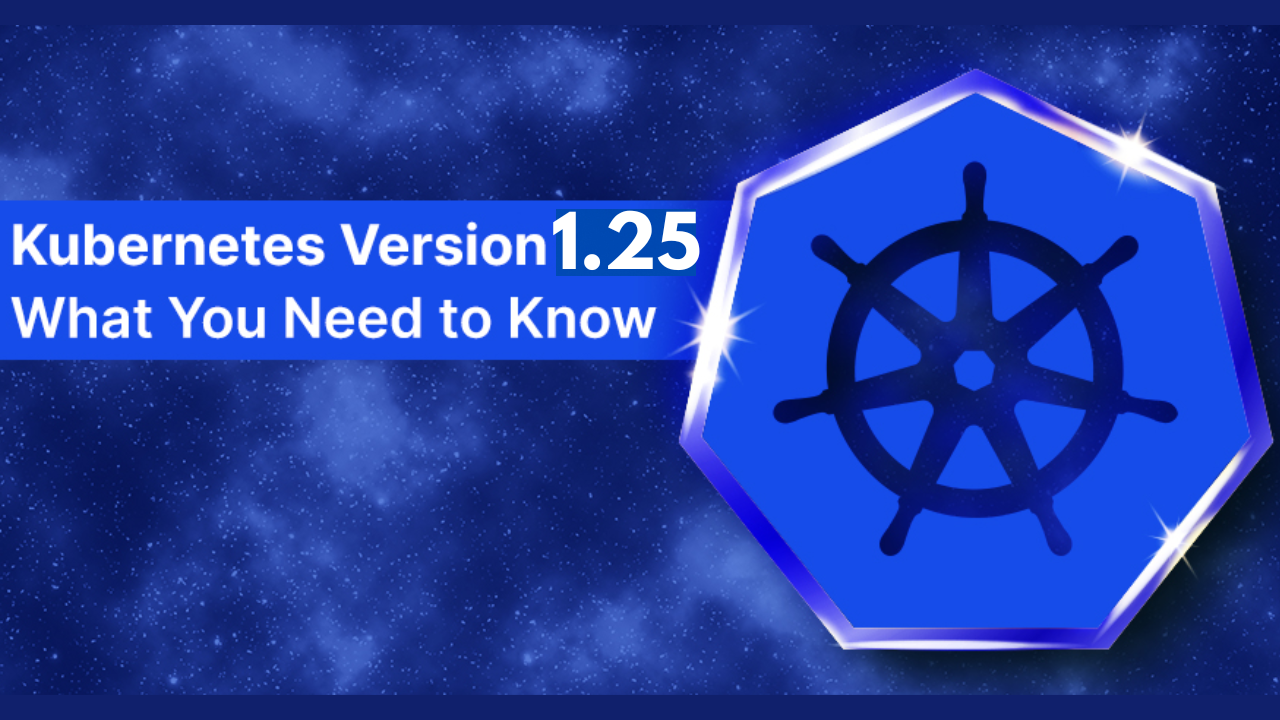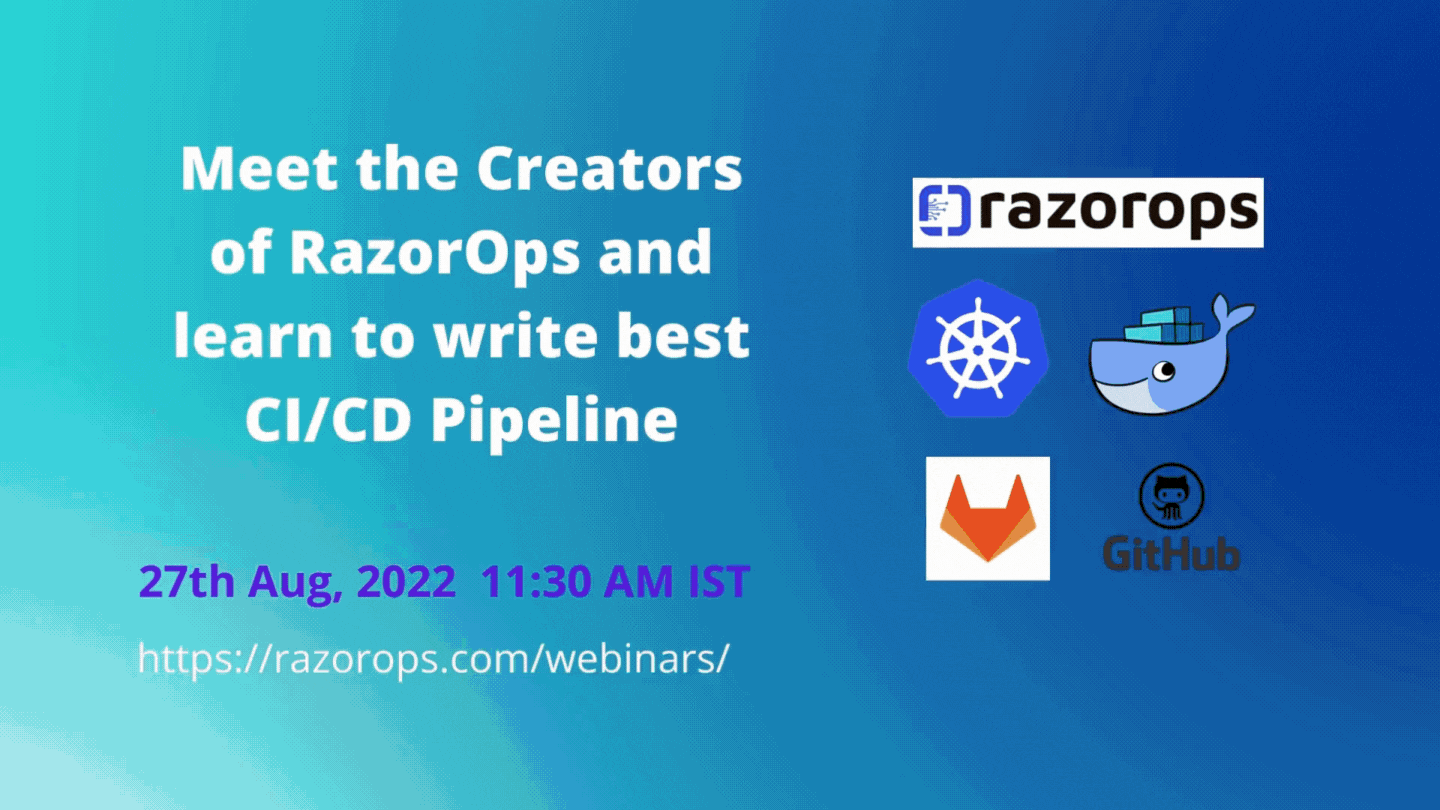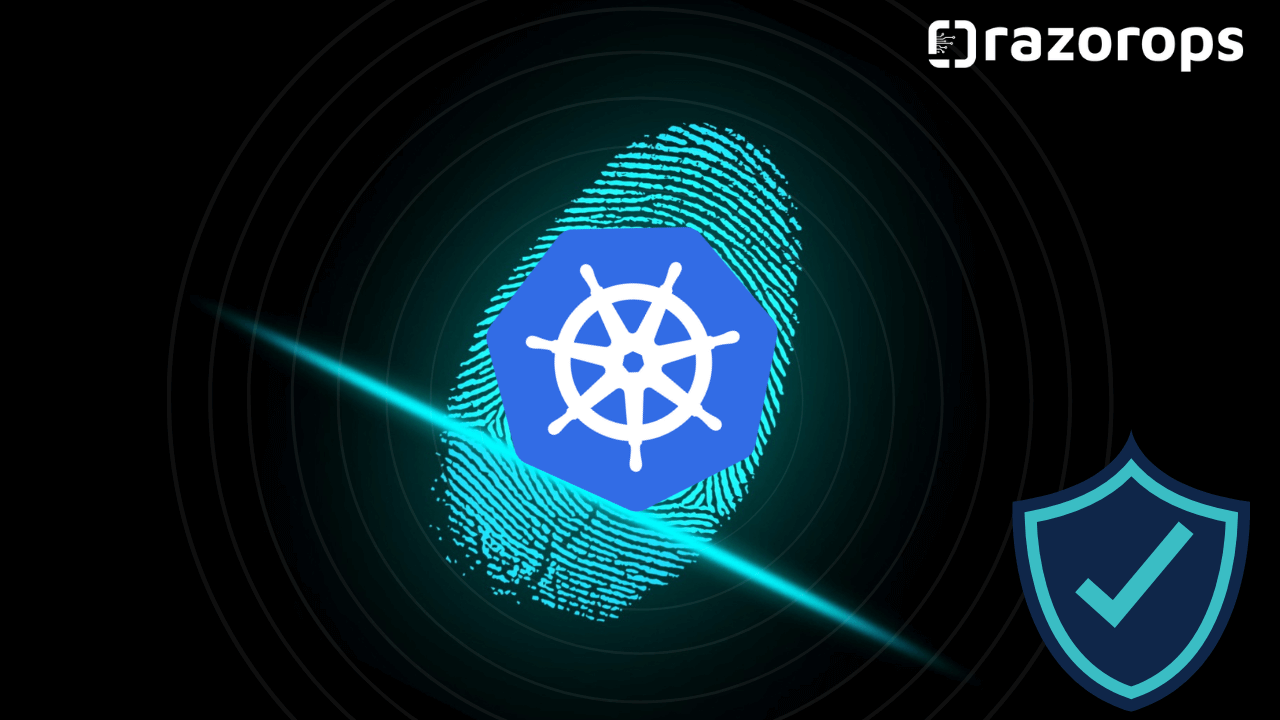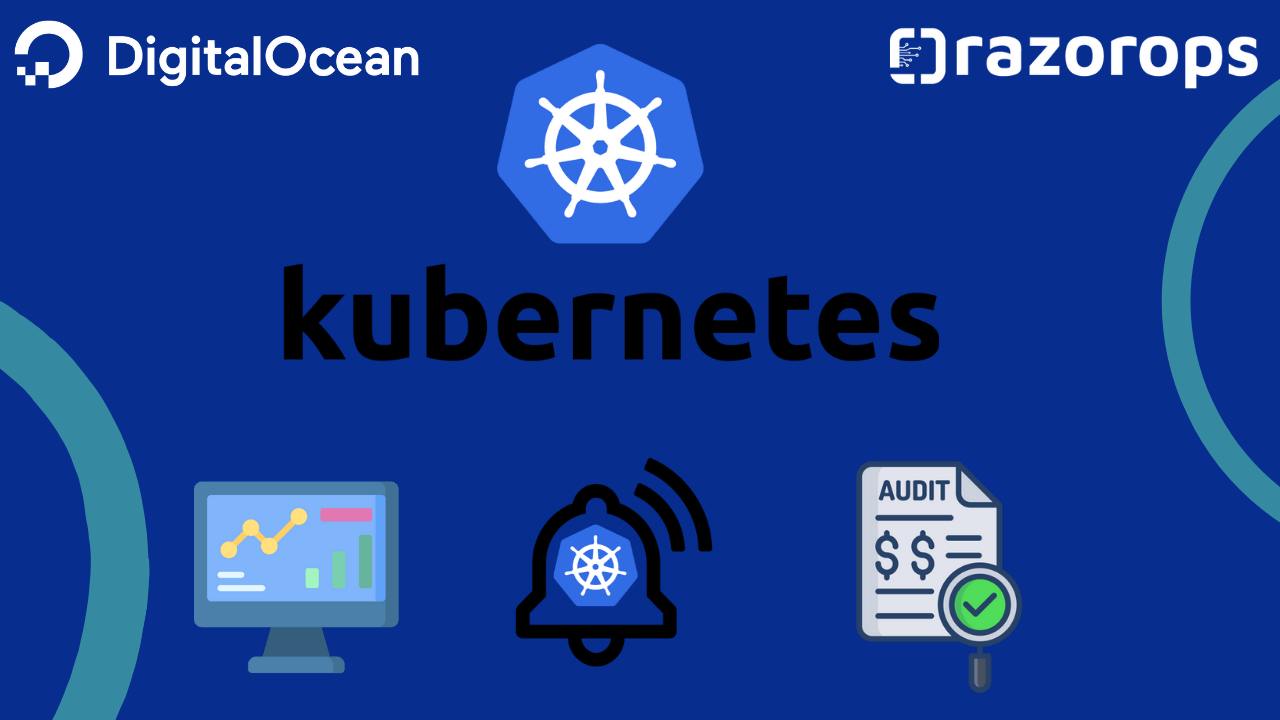
Kubernetes 1.25 Is Jam-Packed With Innovations! For more exciting updates, subscribe to container-native and DevOps news around the globe.
The upcoming release of Kubernetes 1.25 is jam-packed with innovations! Where do we start? This release includes 40 improvements, which is comparable to the 46 in Kubernetes 1.24 and the 45 in Kubernetes 1.23. Thirty-three of the 40 improvements are moving up to Stable, ten already-existing features are getting better, fifteen are brand-new, and two are deprecated.
The highlight of this release is the final removal of PodSecurityPolicies, which is being replaced by Pod Security Admission, which is finally graduating to Stable. Beware of the numerous deprecations and removals in this version!
Support for user namespaces, checkpoints for forensic analysis, improvements to SELinux when mounting discs, NodeExpansion secrets, and enhancements to the official CVE feed are just a few of the new security features that are extremely welcome additions. Additionally, improvements like non-recoverable Pod failures, KMS v2 Improvements, a cleaner IPTables chain ownership, and better handling of the StorageClass defaults on PVCs will make life easier for cluster managers.
All the fantastic features that are being made available in the GA state are the cherry on top of this release. A big congratulations to the CSI migration, which has been going on for more than three years and is now nearing its end. Additionally, Cgroups v2 support, ephemeral volumes, and NetworkPolicies port range. There is a lot of excitement for this release! To know more about what’s new in Kubernetes 1.25, check out the article.
Top Picks for you this week
Container Security by Murali Doss
Container Security is the process of securing the microservices containers from any vulnerabilities and security risks with different security tools and compliance implementations. There are many areas where the containers have a higher chance of exposing them to potential risks. mainly in the CI/CD pipeline and in the weak network configuration of container orchestration environments.
NFS Storage Share in Kubernetes by Shyju Krishnan
Kubernetes Volumes are abstracted storage units that allow nodes within a cluster to write, read, and share data between them. They allow nodes within a cluster to write, read, and share data with each other.
Important Events
Building an effective CI/CD pipeline is as much about the team and organizational culture as it is about the processes and tools that you use. Continuous integration, delivery, and deployment are DevOps practices. They rely on breaking down the traditional silos between developers, testers, and operations. Join us in our upcoming webinar and explore the best practices and a step-by-step method for writing RazorOps CI/CD pipeline by none other than Mr. Dinesh Yadav, CTO of RazorOps.



Career Opportunities
Business Development Manager-Cloud Solution
RazorOps is looking for a highly talented sales manager to grow our SaaS business.
Kubernetes Developer and Admin
RazorOps is looking for highly talented, hands-on Kubernetes developers to help accelerate our growing Professional Services consulting cloud and DevOps practice.
We need a strong, battle-tested Golang developer with experience developing the Kubernetes operator SDK and runtime controller.





